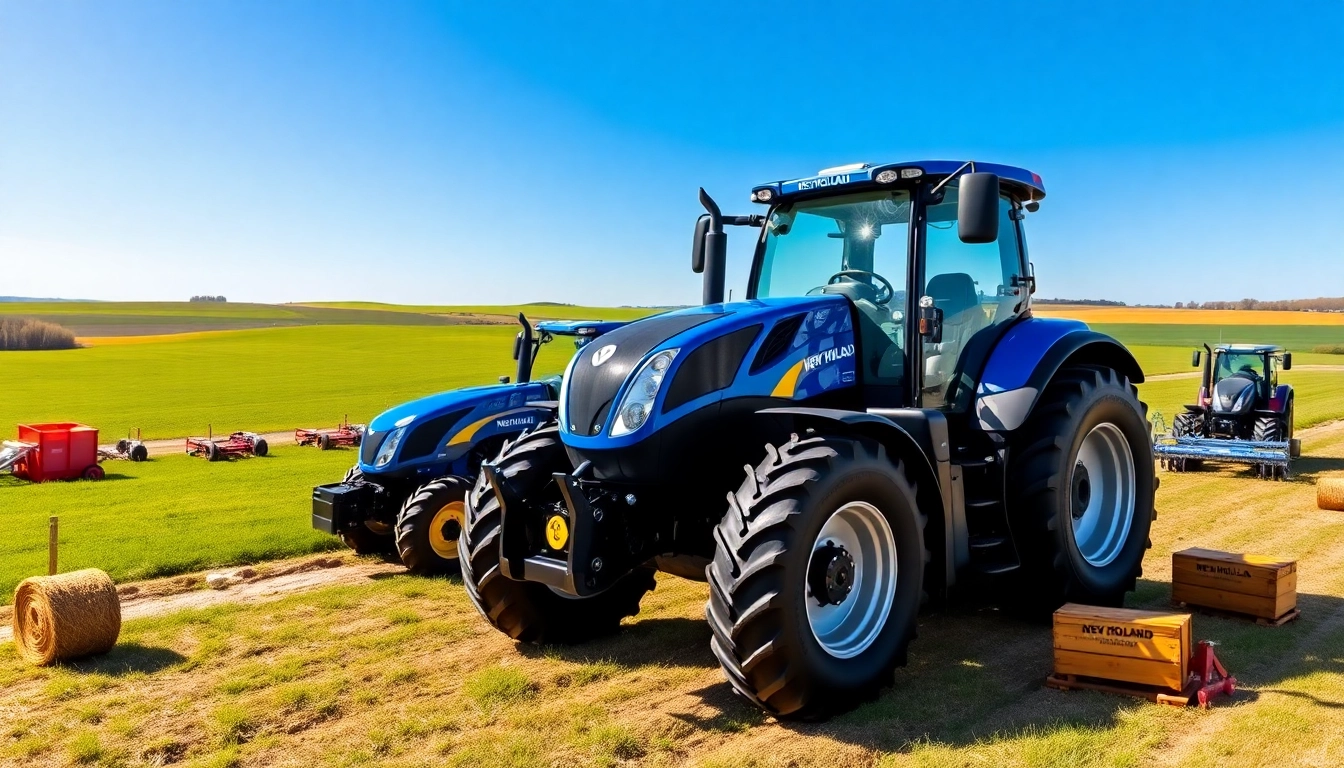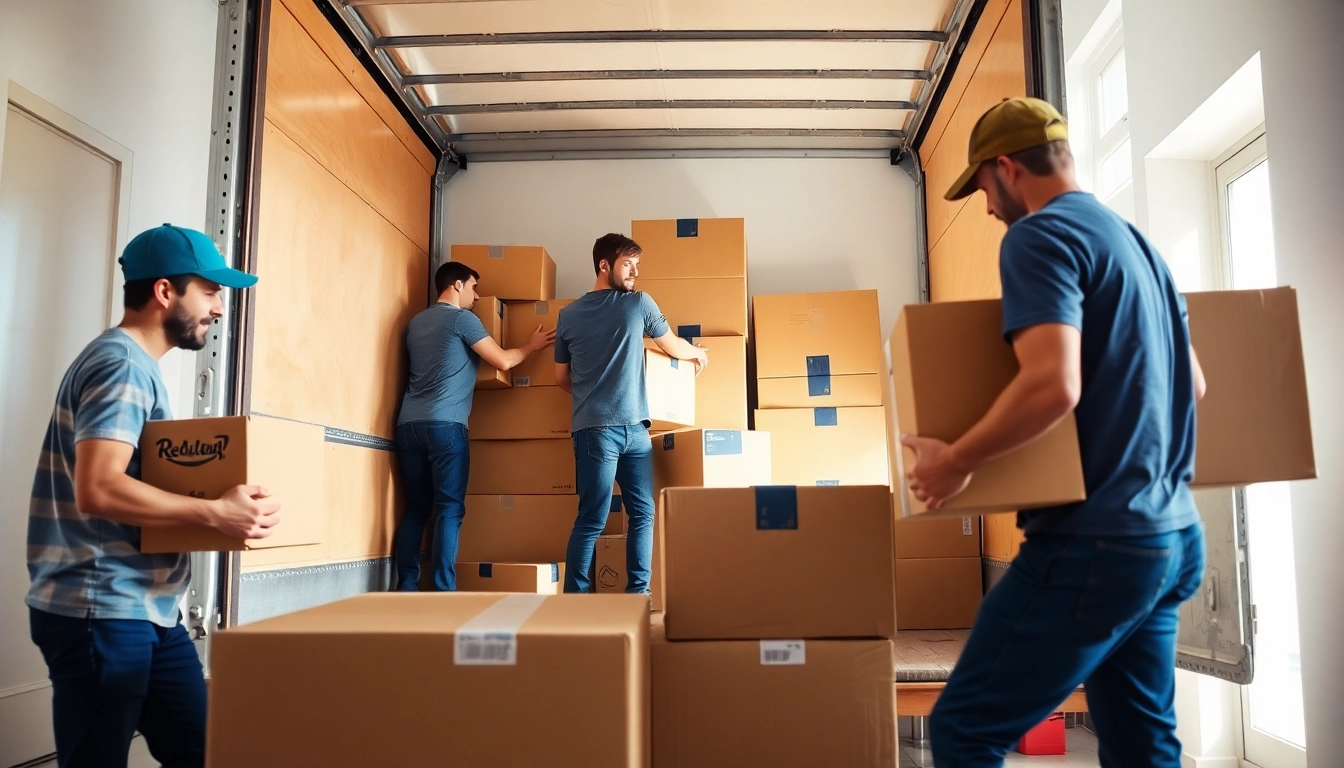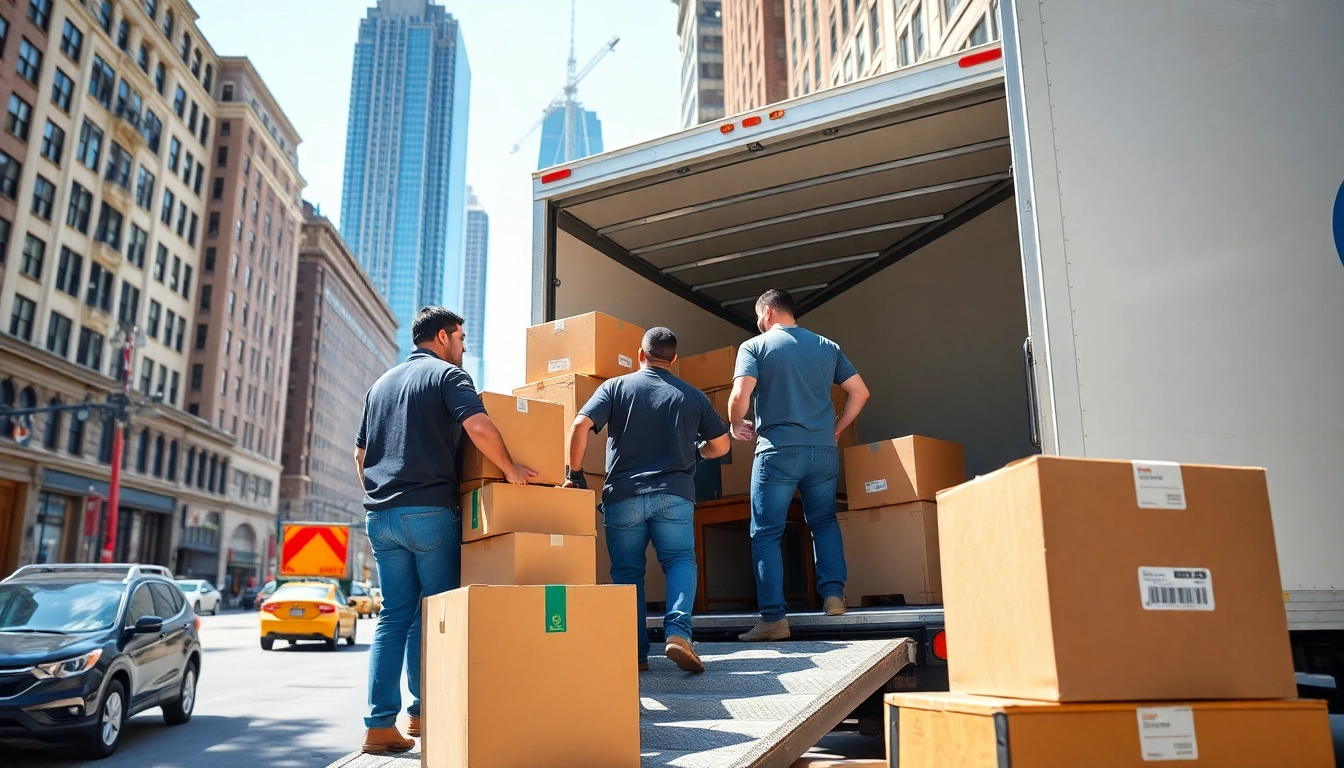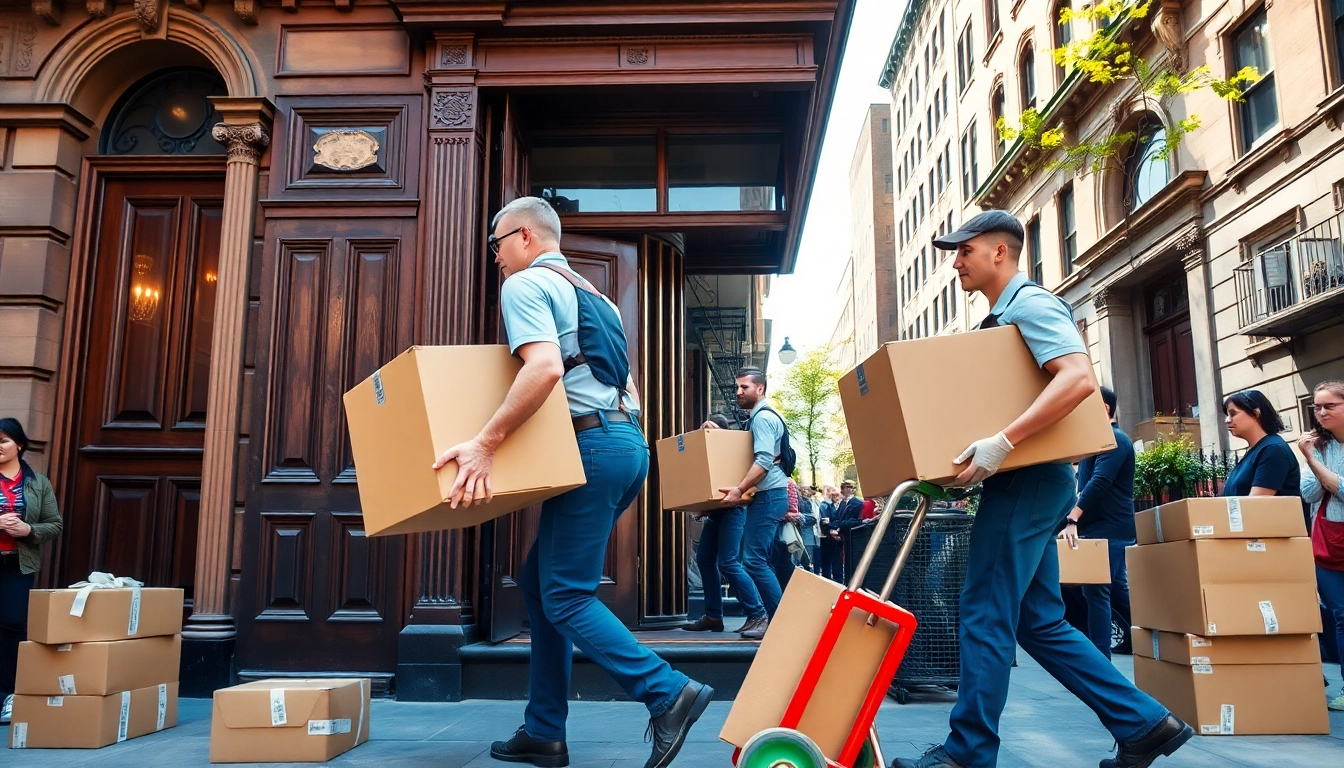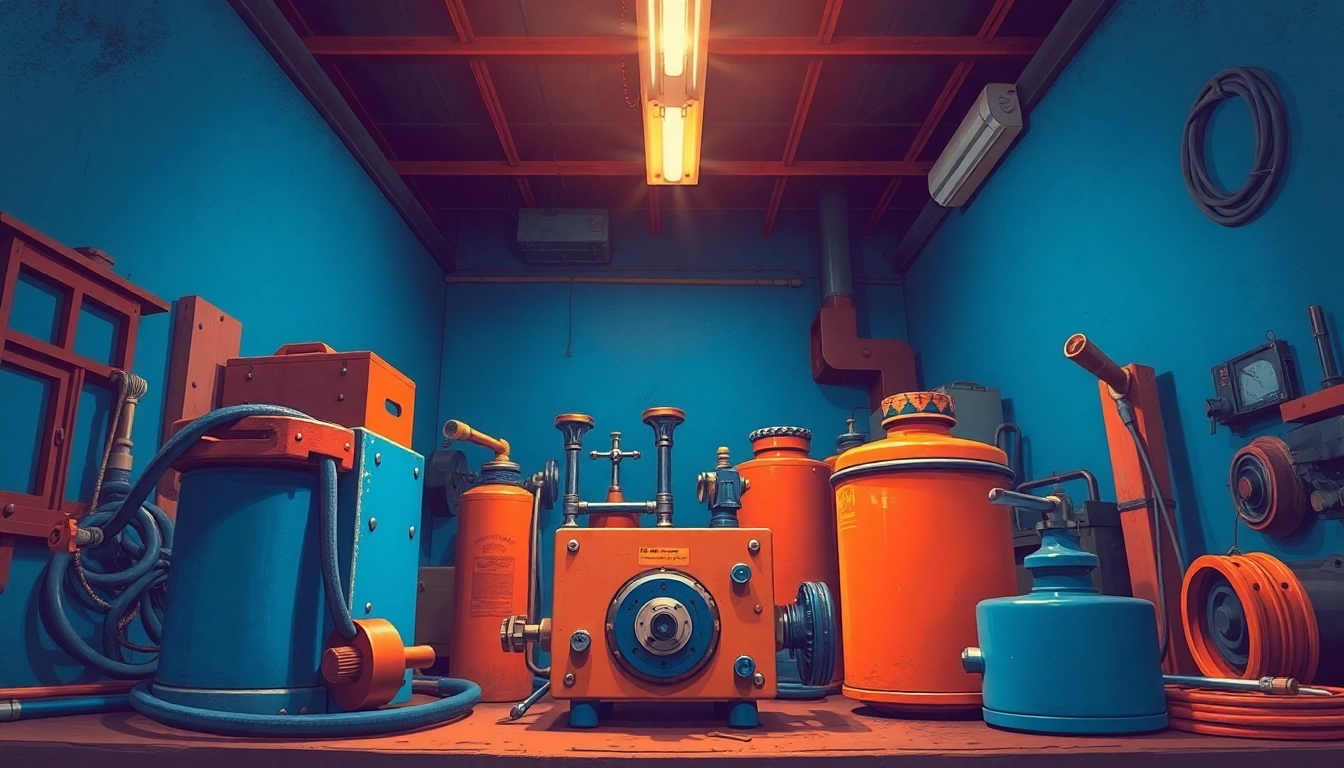
Understanding Oxy Gas Welding Kits
What is an Oxy Gas Welding Kit?
Oxy gas welding kits are essential tools for both amateur and professional welders, providing a reliable method of joining metals through the process of melting them together using a flame generated by the combustion of oxygen and a fuel gas, typically acetylene. The oxy gas welding kit includes several integral components that ensure a compact and effective welding system which can be used across a variety of applications, from artwork and metal sculptures to heavy-duty industrial repairs.
Advantages of Using Oxy Gas Welding Kits
The oxy gas welding process boasts several advantages that are appealing to both amateur and professional users. Some key benefits include:
- Versatility: Oxy gas welding kits can be used for cutting, welding, brazing, and heating various types of metals including steel, aluminum, and cast iron.
- Portability: Many oxy gas welding kits are designed to be portable, making it easy to transport them to different job sites or locations.
- Cost-effective: Compared to more modern welding technologies, oxy gas welding is often more affordable, both in terms of kit purchase and operational costs.
- Ease of Use: The technology is relatively straightforward to learn, which makes it accessible for beginners and hobbyists.
Common Applications for Oxy Gas Welding Kits
Oxy gas welding kits are commonly used in a wide range of applications, including:
- Metal Fabrication: Ideal for creating and assembling various metal products, from furniture to machinery parts.
- Repairs and Restoration: Perfect for repairing metal items such as pipes, machinery, and tools, particularly in industries where equipment durability is crucial.
- Jewelry Making: Used for intricate tasks in the jewelry industry, such as welding and soldering components of fine jewelry.
- Automotive Repair: Beneficial for tasks such as exhaust welding and frame repairs in cars and motorcycles.
Key Components of Oxy Gas Welding Kits
Essential Tools Included in the Kit
Oxy gas welding kits typically include an array of tools necessary for effective operation. Some of the most common tools in these kits are:
- Oxygen and Acetylene Cylinders: High-pressure tanks that store oxygen and acetylene gases, crucial for producing the necessary flame.
- Pressure Regulators: Devices that regulate the pressure of gases flowing from the cylinders to the torch, ensuring a steady and safe flow.
- Cutting Torch: A specialized tool equipped with a nozzle where the gases are ignited to create the flame for cutting or welding.
- Hoses: Flexible tubing that connects the cylinders to the torch, allowing for the safe transportation of gases.
- Welding Goggles and Protective Gear: Essential items that protect the operator’s eyes and skin from ultraviolet light, sparks, and heat.
Specifications of Oxy Gas Tanks
The specifications of the oxygen and acetylene tanks are crucial for operational safety and efficiency. Here are some common specifications to consider:
- Capacity: Oxy gas tanks can vary in size, typically from small 10-15 cubic feet tanks for light use, to large 300 cubic feet tanks for heavy-duty industrial applications.
- Material: Most tanks are constructed from high-strength steel or aluminum, designed to withstand high pressures. Compliance with national safety standards is essential.
- Pressure Ratings: Oxygen tanks generally operate at around 2000 psi, while acetylene tanks are much lower due to the instability of acetylene gas under high pressure.
Safety Features in Oxy Gas Welding Kits
Safety features within oxy gas welding kits are paramount for preventing accidents and ensuring user protection. Some common safety features include:
- Check Valves: Prevents backflow of gases, reducing the risk of explosion and contamination.
- Flashback Arrestors: Devices installed at the torch connection that stops flames from traveling back up the hoses.
- Pressure Relief Valves: Ensures safe gas release in case of excessive pressure build-up within the system.
Choosing the Right Oxy Gas Welding Kit for Your Needs
Factors to Consider When Selecting a Kit
Selecting the right oxy gas welding kit can vastly affect your welding experience. Here are several critical factors to consider:
- Purpose: Understand your primary applications—light hobby work versus heavy industrial tasks—as this determines the specifications you need.
- Size and Portability: Consider whether transportation will be required and how heavy or bulky the kit is.
- Brand and Quality: Familiarize yourself with reputable brands that are known for producing durable and high-quality equipment.
- Budget: Determine how much you are willing to spend while ensuring that you get a kit that meets your operational requirements.
Comparing Budget and Professional Options
When it comes to selecting an oxy gas welding kit, budget options might seem appealing, but professional kits often come with extra features and better safety. Here are some comparisons:
- Budget Kits: Generally less expensive, these kits come with fewer accessories and lower-quality materials. Suitable for light, occasional use but might lack durability.
- Professional Kits: More expensive but typically more reliable and comprehensive, including enhanced components, longer-lasting tanks, and additional safety features. Ideal for frequent users.
Reviews of Popular Oxy Gas Welding Kits
Readily accessible reviews can improve your understanding of which oxy gas welding kit could best serve your needs. Here are a few popular options:
- Harris Oxy-Acetylene Kit: Known for its robust design and extensive safety features, often recommended for professional use.
- Lincoln Electric Oxy-Acetylene Kit: Offers a more versatile solution with components tailored for various applications, favoring both novice and experienced welders.
- Victor Performer Kit: Celebrated for performance and durability, this kit is favored in heavy industrial environments.
Best Practices for Using an Oxy Gas Welding Kit
Preparation and Setup Guidelines
A well-prepared workspace contributes significantly to the quality of the welding job. Here are essential preparation and setup guidelines:
- Choose a Safe Location: Ensure you have a grounded, well-ventilated space devoid of flammable materials.
- Inspect Equipment: Before use, check all tools, hoses, and tanks for signs of damage or wear.
- Set Up Equipment: Connect the hoses to the correct cylinders, ensuring that the red hose is for acetylene and the green is for oxygen. Secure connections and adjust the regulators for proper gas flow.
Techniques for Effective Welding
Employing the proper welding technique is crucial for achieving strong, clean welds. Here are some effective tips:
- Maintain an Optimal Flame: Adjust the acetylene and oxygen to acquire a neutral flame, characterized by a defined inner cone and a clear outer envelope.
- Welding Angle: Hold the torch at a 45-degree angle to the workpiece for efficient penetration and fusion.
- Puddle Control: Keep a steady hand to maintain a consistent puddle size, which prevents overheating or under-fusion.
Maintenance Tips for Your Welding Kit
To prolong the life of your oxy gas welding kit and ensure optimal performance, consider the following maintenance tips:
- Regularly Inspect Hoses: Check for cracks or fraying and replace hoses as needed to prevent gas leaks.
- Keep Cylinders Clean: Clean the exterior of cylinders, removing dirt and grime to avoid contamination of gas.
- Store Properly: Store the kit in a safe, upright position, away from heat sources and with valves closed tightly.
Safety Measures When Using Oxy Gas Welding Kits
Protective Gear for Welders
Protective gear is non-negotiable when employing an oxy gas welding kit. Essential protective items include:
- Welding Goggles: Necessary to shield eyes from bright light and harmful UV rays, prefer goggles with the proper shade lens depending on the work.
- Gloves: Heavy-duty leather gloves protect hands from heat and sparks.
- Fire-Resistant Clothing: Long-sleeved shirts and trousers made of fire-resistant material will shield skin from heat and sparks while minimizing the risk of flammable materials igniting.
Emergency Procedures and First Aid
Being prepared for emergencies is essential in welding. Here are some key emergency measures:
- Know Fire Extinguisher Locations: Familiarize yourself with the location and type of fire extinguishers that are appropriate for gas fires.
- Burn Treatment: For minor burns, use cool water immediately and cover the burn with a sterile bandage. For severe burns, seek medical attention immediately.
- Gas Leakage: In case of a gas leak, evacuate the area immediately and contact your safety supervisor or emergency services.
Safety Best Practices During Welding
Adhering to safety best practices is paramount to minimize risks while welding:
- Ensure Proper Ventilation: Adequate airflow will help disperse harmful fumes and gases generated during welding.
- Conduct a Safety Check: Before beginning work, double-check all connections, hoses, tanks, and the area for potential hazards.
- Never Leave Lighting Equipment Unattended: Always monitor the progress of your work, and turn off the gas supply when not in use.
